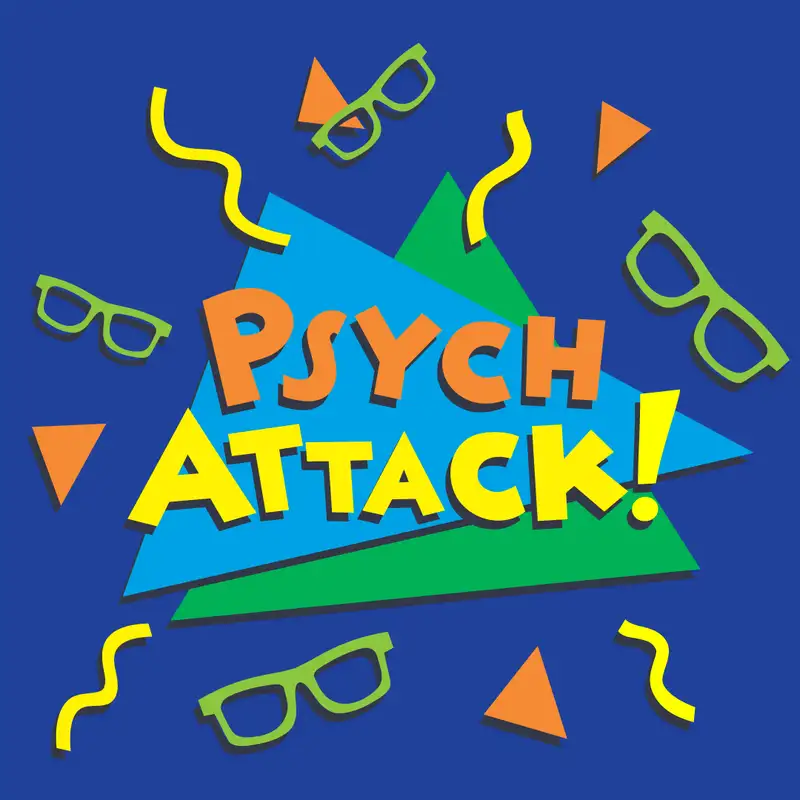
17 - Developmental insights for investigative interviewing about maltreatment
In this episode, I catch up with Associate Professor Lindsay Malloy to hear about her research in developmental psychology and the law. In particular, ways to improve investigative interviewing with people who have experienced maltreatment and. In this discussion, Lindsay explains some developmental differences when interviewing children, adolescents and older adults. Much of the conversation focuses on reasons why children might recant disclosures of maltreatment.
Dr Lindsay Malloy is Associate Professor in the Faculty of Social Science and Humanities, Ontario Tech University, Canada. To follow Lindsay's work, you can visit the Development, Context, and Communication Lab website or reach out on Twitter (@LMalloy).
Research papers discussed in this episode
Malloy, L. C. & Mugno, A. P. (2016). Children’s recantation of adult wrongdoing: An experimental investigation. Journal of Experimental Child Psychology, 145, 11-21.
Wyman, J. & Malloy, L. C. (2023). Increasing disclosures of older adult maltreatment: A review of best practices for interviewing older adult eyewitnesses and victims. Psychiatry, Psychology and Law, DOI: 10.1080/13218719.2023.2192260
Sensitive content warning
This episode refers to maltreatment experienced by children, adolescents and older adults. The episode focuses predominantly on barriers to disclosure and issues in investigative interviewing. Specific case examples and lived experience are not discussed. Please take care while listening and if you are feeling discomfort and think you would benefit from some support, please reach out to your GP or contact a service like Lifeline.
Cite this episode
MacDonald, J. B. & Malloy, L. (2024, March 2). Developmental insights for investigative interviewing about maltreatment (No. 17) [Audio podcast episode]. In Psych Attack. www.psychattack.com
Transcript
The transcript for this episode was developed using transcription software. There may be some errors in the content as I do not have capacity to review for accuracy.